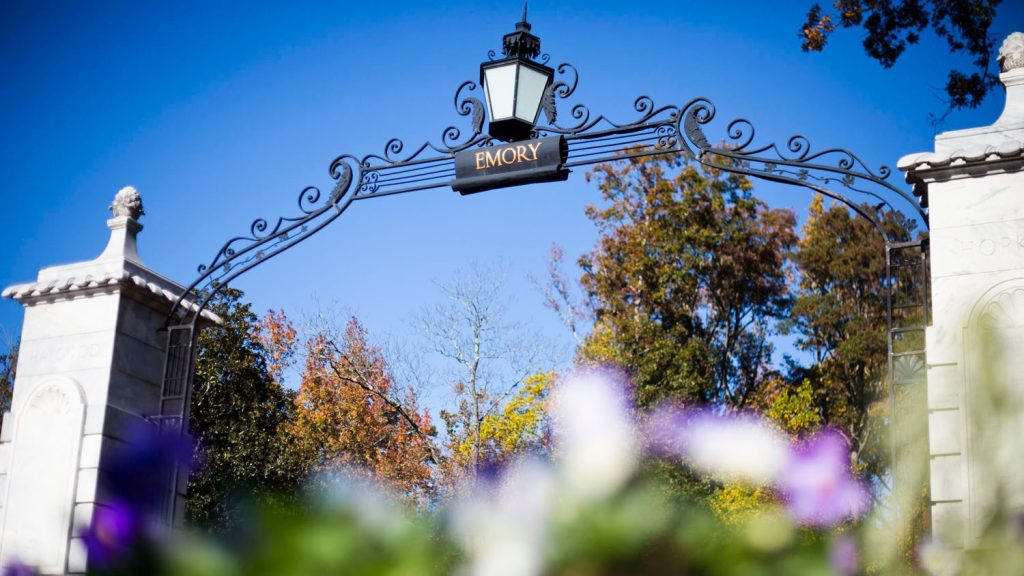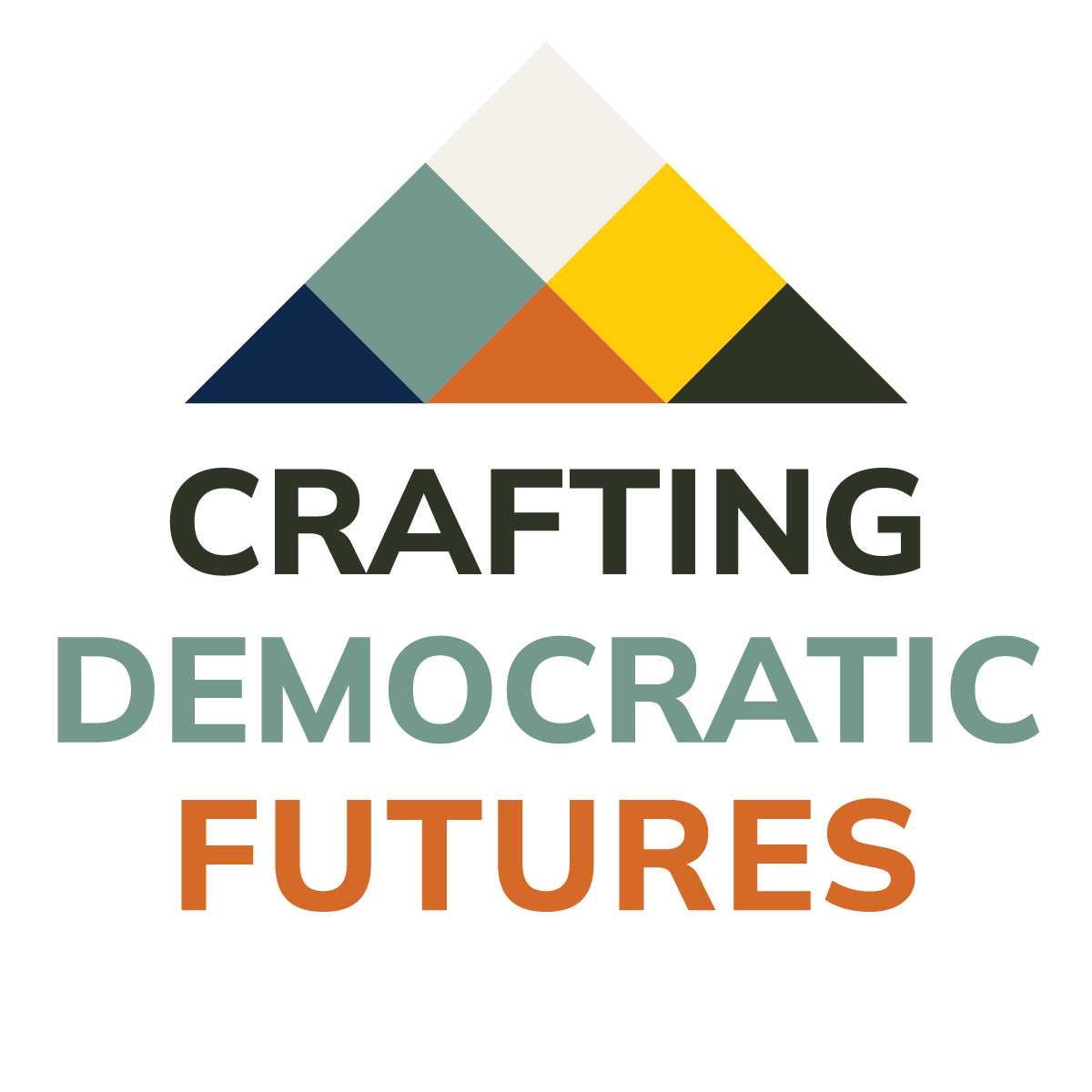
Project Description
The Department of African American Studies faculties’ research expertise has led to extensive commitment to and contacts in the various communities in Atlanta. They are eager to work further with Black Atlantans to uncover the stories, the metrics, and the costs of slavery, Jim Crow, and non-post-racial America for African Americans in the “city too busy to hate.” Those years of listening to members in the Black community, researching, and discerning from those directly impacted by policies designed to deny literacy, housing, equal justice, voting rights, land, and resources will be the foundation for a community-based, research-informed reparations plan for healing, to make whole, to do more than just survive.
We will begin these conversations through our community partners in K-12 education. In the United States, access to quality education is a cornerstone for the “American dream.” But, from centuries of slavery where access to literacy was denied, to underfunded and unfunded public schools after the Civil War, to separate and unequal, to Massive Resistance to Brown, to U.S. Supreme Court decisions that made outstanding public education regardless of zip code virtually impossible, that American dream has been more of a recurring nightmare. More than that, though, the denial of education is tied to limited employment opportunities, disparities in access to affordable, decent housing, wealth creation, health outcomes, and voting opportunities. That is why we will start with education in Atlanta. Scholar Tomiko Brown-Nagin, in outlining the battle for education in Atlanta, noted The Courage to Dissent. That courage came with a price. A very steep price borne by the Black community. We will further explore, through research and targeted listening sessions with African Americans, the toll policies exacted in housing and economic opportunities/entrepreneurship for Black people in Atlanta. Those three pillars—education, housing, and economic opportunities/entrepreneurship – will be the focus of our Creating Just Futures project.
Our program for this Mellon-funded initiative will have a lead faculty member, two additional faculty whose work is focused on structural inequality, a community pillar/researcher/fellow, and two graduate students who will assist with the background research and community listening sessions.
The term reparations is defined in various ways. How do you define community-based reparations? Over the next three years, what strategies are you implementing to accomplish this?
Community-based reparations acknowledges the severe harm done to a people and provides adequate compensation and sustained public investment to provide the resources to ameliorate the effects of long-term discrimination so the community can move beyond survival and actually rebuild and thrive.
Different teams comprise different types of colleagues and partners (e.g., historians, artists, community leaders). Can you describe the composition of the Emory Team? Moreover, who are the community partners engaged in this work?
A historian, a political scientist, a sociologist, an education professor (who has since retired), a jazz musician, professor of music, and minister (our Community Pillar/Researcher/Fellow), a doctoral student in history (who has now graduated with her Ph.D.), a graduate student in African American literature, and a doctoral student in religion. Our listening sessions have included school administrators, teachers, and parents. We plan to include housing developers, public housing advocates, those who were displaced by development, and those who helped make those decisions in the next round of listening sessions. The final round will incorporate Black business owners, corporate executives, those who struggled to secure adequate funding for their enterprises, and those who helped make those decisions.
What factors are important to know about your local history to better understand your project?
Atlanta is known as the Black Mecca. Nearly half the city’s population is African American. It is the home to several HBCUs, a major urban university (Georgia State) that has the largest minority enrollment in the nation, a thriving Black Arts/Cultural production center, including Tyler Perry Studios and Southern hip-hop, is one of the key sites for the Civil Rights Movement, including the Martin Luther King Center, and has had Black political leadership since the 1970s. The vibrancy is intoxicating. As such it alters the reality of the consequences and the source of gentrification, vastly unequal schools, and staggering poverty. Some scholars have pointed to the “Atlanta way” – where the Black elite compromise with white business leaders at the expense of the poor – to explain the how representation is not enough. This project will have to deal with the aura of the Black Mecca and the impact of racially discriminatory policies on multiple Black communities.

